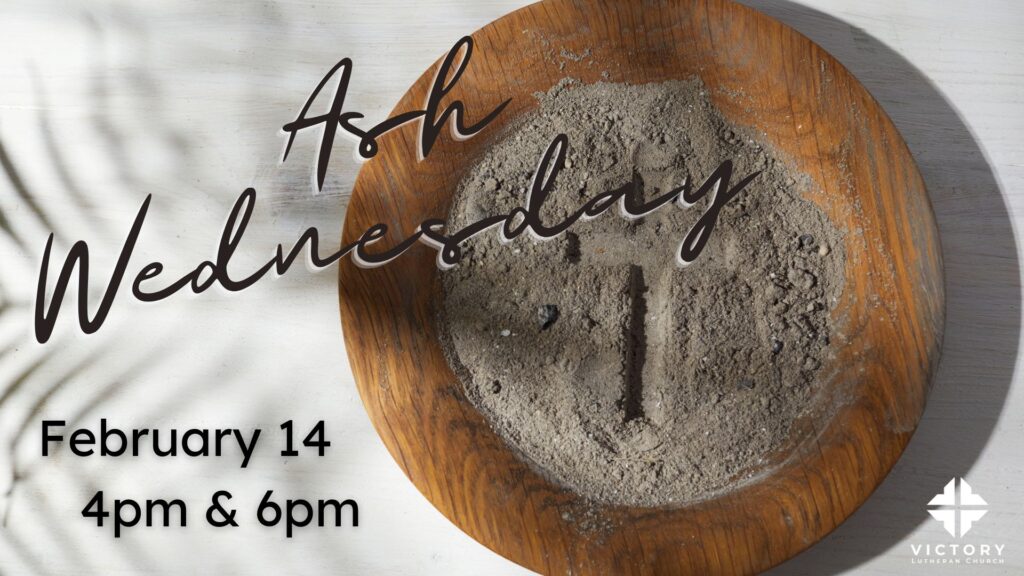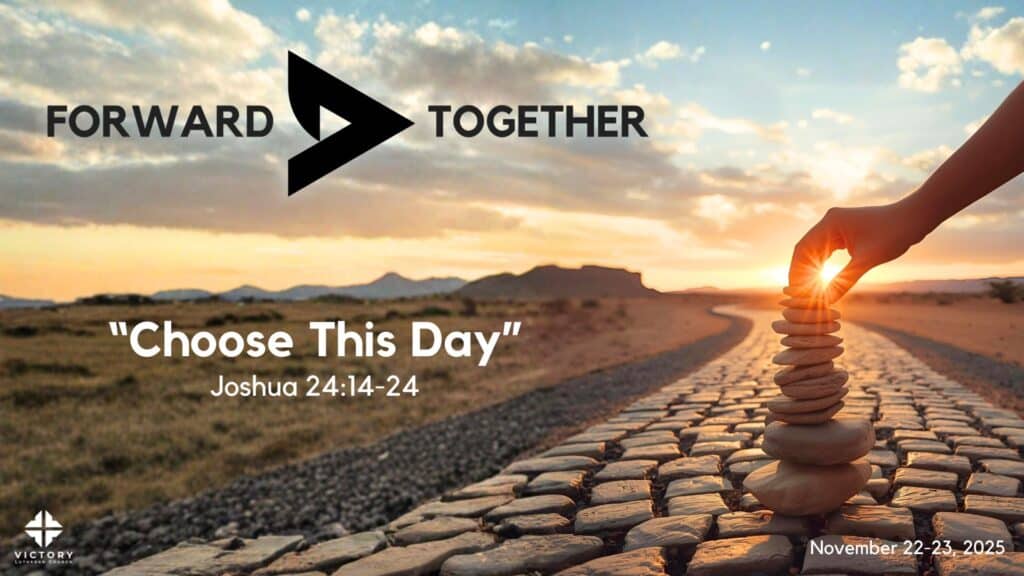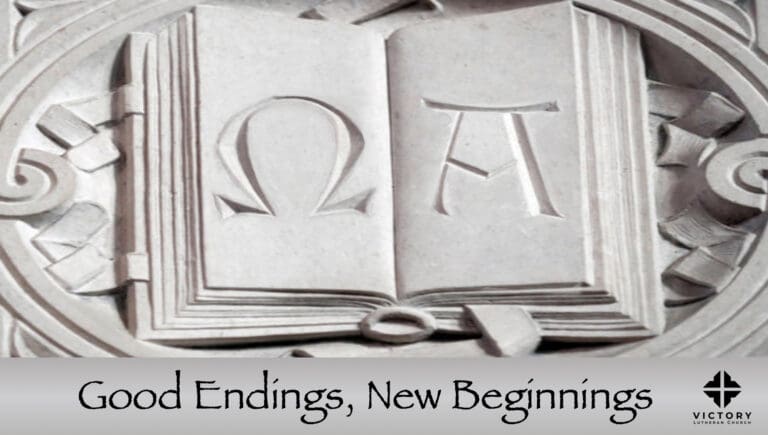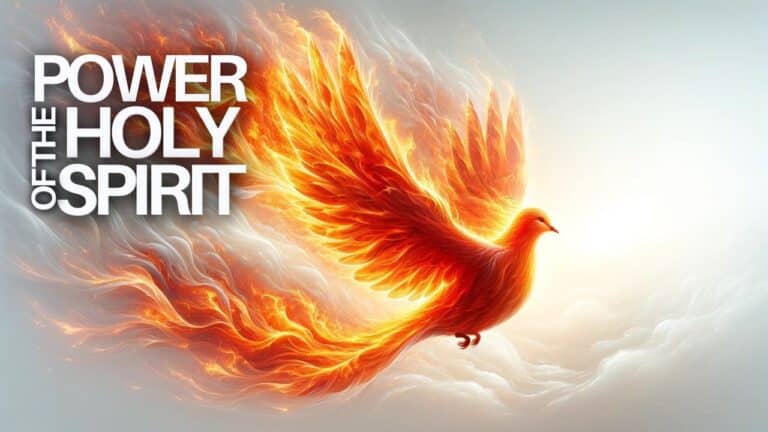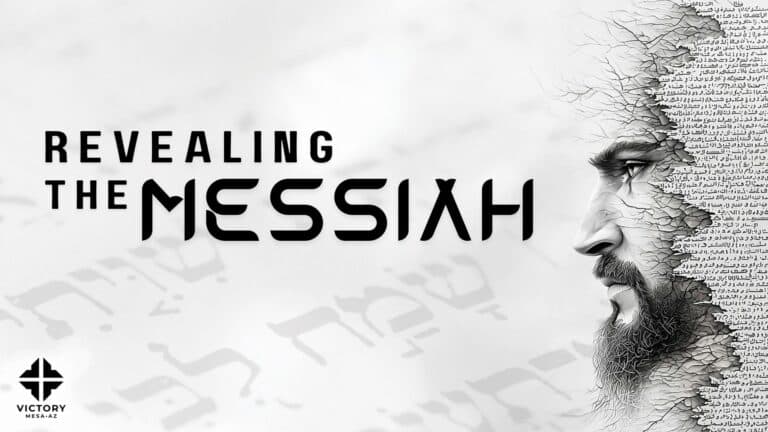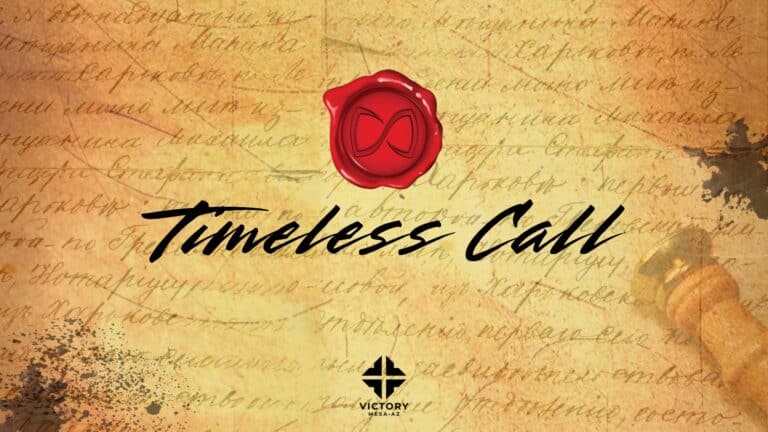The gospel of John begins with these powerful words. In the beginning was the Word, and the Word was with God, and the Word was God. He was with God in the beginning. Through him all things were made. Without him nothing was made that has been made. In him was life, and that life was the light of all mankind. The light shines in the darkness, and the darkness has not overcome it. So who is the word of God, of John talking about? He answers us in verse 14. The Word became flesh and made His dwelling among us. We have seen His glory, the glory of the one and only Son, who came from the Father, full of grace and truth. The Word of the Lord. Let’s pray. Dear Father, You sent Your Son, Jesus, to live upon this earth as a man, clothed in flesh and blood. And He willingly came. As we explore what His glory is, Coming means in our lives. We ask you send your Holy Spirit upon us tonight Open our ears to hear you our hearts to receive your love and our minds To understand your truth as the Holy Spirit takes me out of your way. We pray in your holy and precious name Jesus Amen.
Well, tonight, our Lenten journey invites us to explore how God’s powerful promise to rescue us from sin and evil and death came about because He sent His one and only Son Jesus to take on flesh and dwell among us. As we begin this exploration. We begin with a question. What is the most remarkable part of the incarnation of our Lord Jesus? What’s the most remarkable part of God stepping out of heaven, taking on flesh, and dwelling among us? What’s the most remarkable part of the fact that God sent His Son Jesus to be born as a human baby? A human baby who came crying, a human baby who came hungry. God’s Son, Jesus. The Word who was with God in the beginning. God’s Son, Jesus. The Word who has always existed because there was never a time when He did not exist. That Son of God, Jesus. Willingly. Left heaven behind so that he could enter into this sin filled, broken world that you and I live in. God’s Son, Jesus, came. Jesus came to feel our joy. Jesus came to feel our excitement. He came to walk on this earth and make friends who would make him laugh. He came And he made enemies that brought him sorrow. He came to feel our pain. He came to feel our suffering. Jesus, God’s only son, came and he took on flesh. And he felt what it’s like to be exhausted. God’s son Jesus came. And he cried, and he grieved, and he mourned the death of people he loved, just like you and I do.
He came to be one of us. Why? Tonight we ponder this. And not only do we ponder what could possibly be the most remarkable thing about his coming, we also contemplate what Jesus exchanged. In order for him to come. The first thing that he gave up to be here is time. I want you to think about this. In his book that Max Lucado wrote, called He Chose the Nails, Lucado encourages us to consider the fact that Jesus gave up eternity for a calendar. Think about it. Jesus, who knows no beginning, and he knows no end. lived in heaven with His Father and the Holy Spirit outside of time. But you and I needed a Savior. And so Jesus came to hang on the cross so He could die for our sins. In order to do that, the Son of God, who Job 36, 26 tells us, His years cannot be counted, because He’s bound by no time, He came for us.
That means for the very first time. Jesus, the Son of God, heard words like this. Your time is up. As a child, he had to leave the temple when he was 12 years old because his time was up. And he had to go back home. When he was an adult, Jesus had to leave his home in Nazareth. Because his time was up. And he had to go. He had to go to call his disciples. He had to go to heal the sick. He had to go to give sight to the blind. He had to go. He had to go to set the captives free. He had to go. So that he could walk into the Garden of Gethsemane and bleed from every pore. He had to go because he had to face the trial and the mockery that night. He had to go to face the whipping that would tear the flesh from his back. He had to go because from the moment he became the baby, human baby, the cross was looming in the background. And when he was 33 years old, our Savior, who is the Son of the Living God, heard, your time is up. And he cried out to heaven, It is finished. And he breathed his last breath. Jesus being bound by time. Is that the most remarkable thing about the incarnation? Or might it be the fact that Jesus gave up the ability to be everywhere at the same time? Psalm 139, 7 10 reminds us that there is never a place where we can go where God is not. Listen to verses 7 through 10. Where can I go from your spirit? Where can I flee from your presence? If I go up to the heavens, you are there. If I make my bed in the depths, you are there. If I rise on the wings of the dawn, if I settle on the far side of the sea, even there, your hand will guide me, your right hand will hold me fast. So think about this for a moment.
One minute, Jesus was in heaven. Boundless by time and space, literally had the ability to be in China and Arizona at the same time. And then, in an instant, he was inside his mother’s womb, trapped by human flesh and bone and limitations. How tempting it must have been for Jesus at one point to divinely transport himself from one side of the Sea of Galilee to the other when he was so physically exhausted that he actually fell asleep in the boat when that terrible storm was happening. But he did not give in to that temptation. And even more tempting to that than that is using his divine powers. To cripple the hand of the soldier who took that thorny vine and, in front of our Savior, wove it into a crown that Jesus knew was about to be placed on his head. And even though he would be tempted to maim that soldier, he did not do it. He allowed him to make that crown. He allowed him to place it on his head. He allowed the soldiers to take the staff and to beat him repeatedly on top of the head where that crown of thorns was sitting. Isn’t that the message of the crown of thorns? Maxwell Cato invites us to contemplate the fact that this unknown soldier took branches mature enough to have thorns. But nimble enough to be bent, and he wove it into a crown of mockery, a crown of thorns. But why thorns? Is it because they would cause such pain and torture and humiliation for our King of Kings? I don’t think so. Did you know that throughout the Bible, thorns are used to symbolize not sin, but the consequences of our sins. Listen to Genesis 3, 17 and 18. God’s talking to Adam about the consequence of his sin. He says to Adam, Because you listened to your wife and you ate fruit from the tree about which I commanded you, you must not eat from it.
Cursed is the ground because of you. Through painful toil you will eat food all the days of your life. It will produce Thorns and thistles for you, and you will eat plants of the field. Consequence of that sin was thorns. God told us thorns would frustrate and wound the very earth that he had created because of the consequences of our sinful hearts. Do you realize that that means that our disobedience? Results in thorns. We see this played out over and over again in the Bible as God’s people live disobedient to his commands. Numbers 33, 55 warned, God warned his children. He said, but if you do not drive out the inhabitants of the land, those you allow to remain will become barbs in your eyes and thorns in your sides. They will give you trouble in the land where you will live. Proverbs 22 5 says evil people’s lives are like paths covered with thorns and traps. Following false prophets results in thorns. Jesus himself reminds us in Matthew 7. You will know these people by what they do. Grapes don’t come from thorn bushes and figs don’t come from thorny weeds. The fruit of our sin is thorns. Spiny, prickly, pointy, cutting thorns. Lucado invites us to think about this for a moment. If the fruit of sin is thorns, then isn’t that thorny crown on Christ’s brow a picture of the fruit of our sin? That pierced his very head and his heart. Christ bore our sin upon his brow with that crown of thorns. The same way that a prince these days bears his crown of gold and jewels. Christ bore the thorns of our sins, the thorns of our anxiety, and our distrust, and our fear, and our shame, and our discouragement, and our disgrace. He bled with the thorns of our guilt, and our worry, and our pride.
The Prince of Peace was torn by those thorns. Thorns that are the consequences. of our broken rebellion. And yet he willingly took it all. Locato says, and when he did, he bore all our sins, all our brokenness, and all the emotion of sin tumbled in on him like shadows in the forest. And he suddenly became anxious, and guilty, and alone. Feelings our Lord had never experienced before. But when he took on our sin, suddenly it came upon him. Can’t you hear the pleading of our Lord when he said this? My God, my God, why have you forsaken me? How many times have you and I felt that? God, why have you abandoned me? God, why have you left me alone in this pain? God, why have you forgotten about me in my greatest hour of need? These are not the cries of a prayerful saint. These are the cries of a broken sinner. This cry of our Savior dying on the cross bore our name, our sins, my brokenness. The Bible tells us that he who was without sin became sin for you. So I ask you again, what’s the most remarkable part of Jesus taking on flesh and dwelling among us?
You know, as remarkable as it is to think about God’s Son becoming flesh and giving up hanging stars in the sky and planets and galaxies to hang door jams for cranky customers who wanted everything today and didn’t want to pay until tomorrow. As remarkable as it is to think that God’s Son became flesh to suddenly go from needing nothing to needing everything. Air, and sleep, and hot water to wash his dirty diaper, er, diapered body. As remarkable as it is to think about God’s Son becoming flesh and resisting the temptation to thrash those self appointed, holier than thou religious people who dared to challenge His identity as the Son of God, even to the point of calling Him a devil. As remarkable as it is to think about God’s Son becoming flesh, taking on that crown of thorn. It is just as astonishing to me to think about Jesus standing there in silence as he watched that soldier pick up that vine, bend it into a crown, knowing it was going to be placed upon his head.
Why did he do it? You know, when I think about this, and I’ve thought about this a lot, is I knew this was coming. The most remarkable thing about the incarnation of our Lord Jesus taking on flesh and becoming a human being, I’m humbled to answer it this, He did it for you. He did it for you. He did it for you. He did it for you. He did it for you. Let’s pray. Father, your son came to take away the sins of the world. He came to take away our sins, my sins. Father, forgive us. Have mercy on us. Jesus will never be able to understand, let alone thank you for coming. For taking on the suffering of our sins, the consequences, through that pain, those thorns that dug deep into your head. Got nothing to give back to you.
At times, we don’t even have a willing heart to accept your love unless the Holy Spirit comes to help us. So, Jesus, help us. Forgive us. For it is in your holy name we pray. Amen. Tonight, we contemplate the thorns, the sins that you and I all have. You know, when he was looking at that crown of thorns, it was not just the soldiers and the Romans and the Jews standing out, yelling, crucify him. It was you and me. Our sins were upon that crown as well. And so tonight, as we contemplate, The incredible amount of love that Jesus has for us that he would be willing to come and to be a human and to take on this pain, to take on the consequences of our sins through these crowns.
We’re going to invite you as we sing this next hymn to come up. We have these makeshift crowns in the baskets, our thorns. I want you to think about what your sin is. What could possibly be your thorn? And you’re going to come up and we’re going to put our thorns in these crowns. Whatever this sin is that you have lurking inside of you. Maybe it’s something that’s new. Maybe it’s something you’ve been wrestling with for a really long time. Whatever it is, when you come and you put it in this crown, I want you to pray that you, that Jesus gives you the ability to leave it here. Because so often we are tempted to come back and get it. And wrestle with it some more. Jesus wants to heal you from it. So think about what it is. What’s your thorn about? As we sing, and let Him take it from you, once and for all. Go ahead, Kristen.




